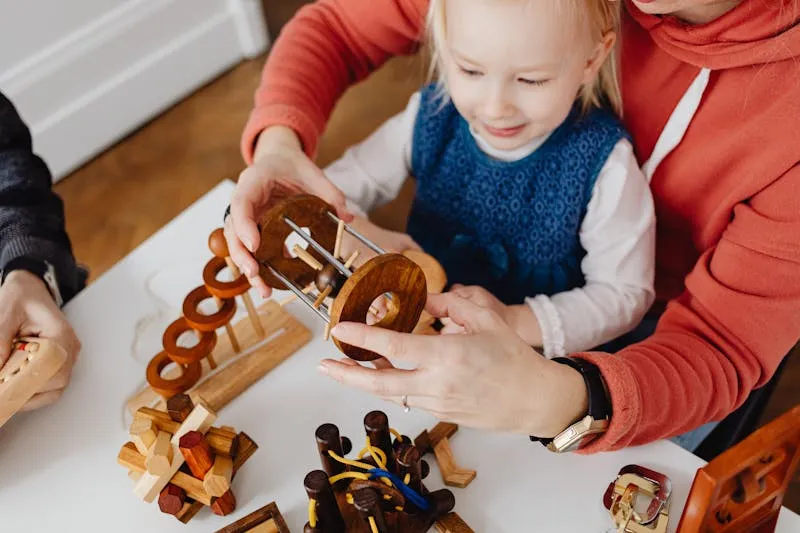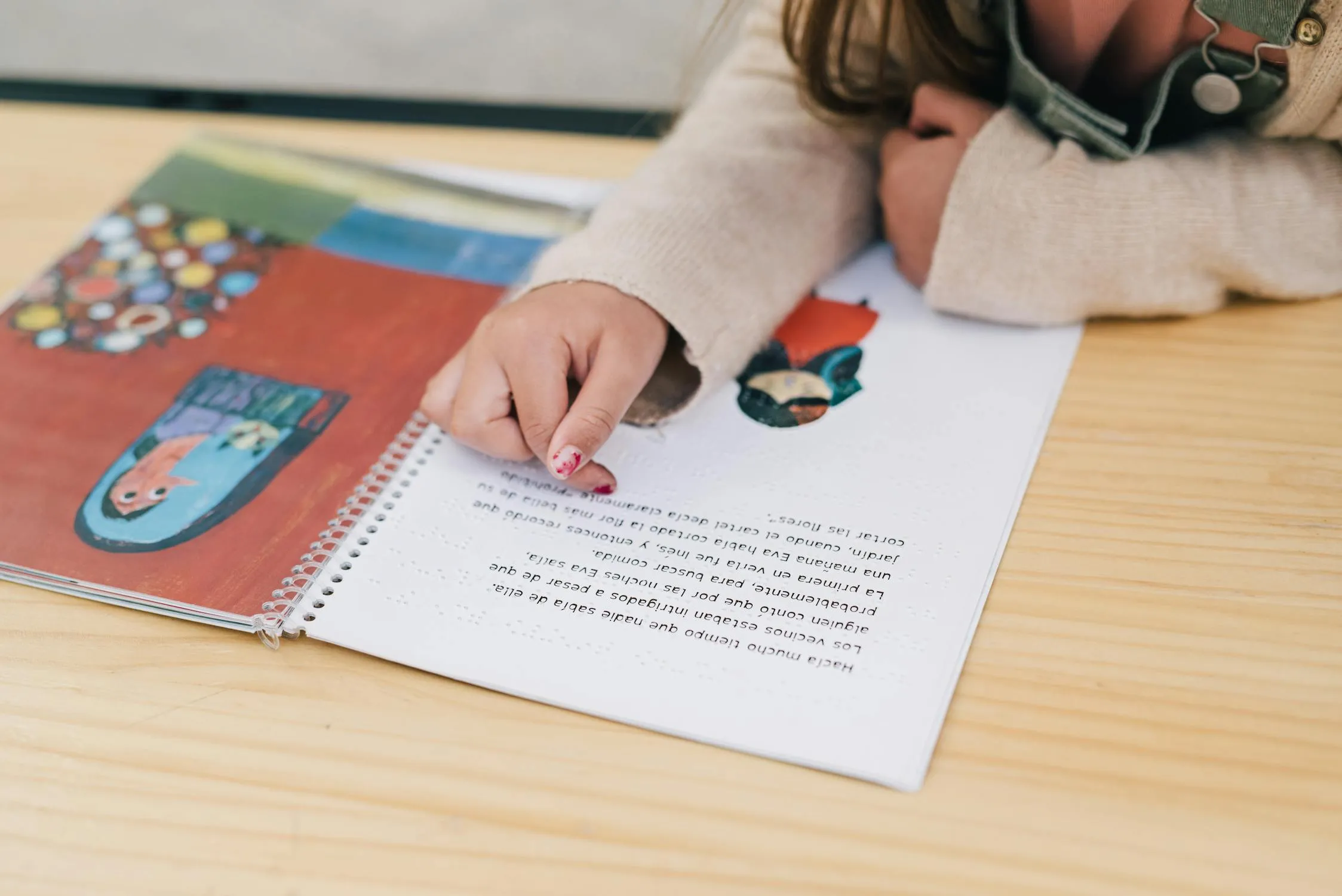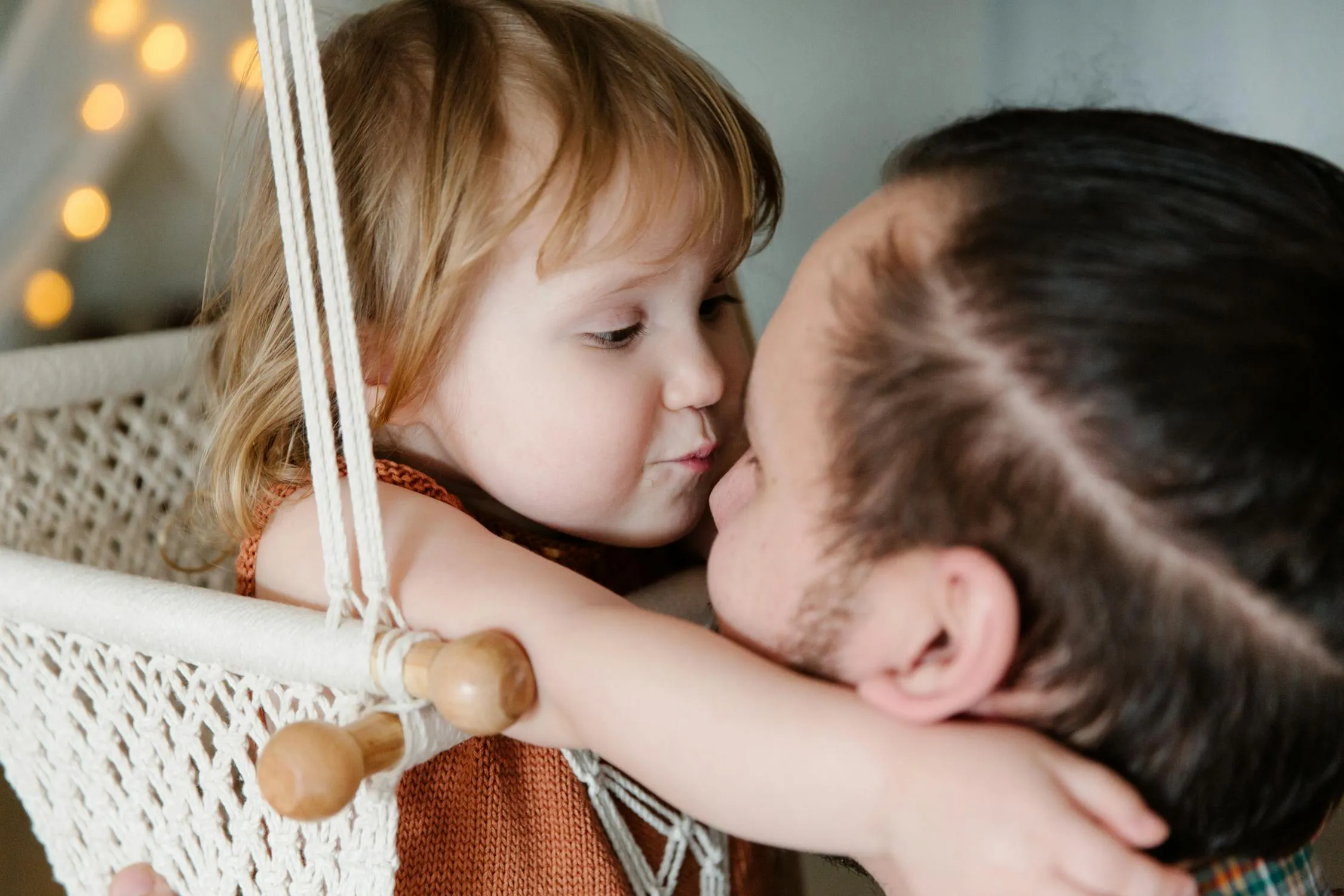20 Ways to Build Your Child's Emotional Intelligence
Watch your child grow emotionally intelligent by building it with these foolproof ways.
- Sophia Zapanta
- 5 min read

Emotionally intelligent children are good at understanding and managing their feelings, but how can you tell if you’re helping your child build emotional intelligence? Here are foolproof ways to start building in them from a young age.
1. Practice Emotion Regulation
 Anastasia Shuraeva on Pexels
Anastasia Shuraeva on Pexels
Because children tend to imitate their parents, one should show them how to control their feelings. Teach them how to talk about their feelings when upset, and what can do to control these feelings.
2. Label Emotions
 Markus Winkler on Pexels
Markus Winkler on Pexels
Assist your kid in recognizing and verbalizing their feelings. Use terms such as ‘angry’, ‘happy’, ‘frustrated’, and ’excited’. You facilitate their understanding of other emotions by introducing these vocabularies.
3. Listen Actively
 Ron Lach on Pexels
Ron Lach on Pexels
Active listening makes them feel valued and understood. It also helps them see that listening is as important to other people. This fosters the growth of interpersonal skills and more significantly empathy.
4. Encourage Empathy
 Gustavo Fring on Pexels
Gustavo Fring on Pexels
Connect your child’s imagination about different situations to how other people might feel in that specific moment. For instance, ask them, “How do you think your friend feels?” This enables them to get a deeper comprehension of other people.
5. Create a Safe Environment
 Yan Krukau on Pexels
Yan Krukau on Pexels
Reassure your child that it’s acceptable to convey these intense experiences or feelings without being judged. This also teaches them that feelings do not need to be concealed or felt bad about.
6. Praise Effort, Not Just Results
 RDNE Stock project on Pexels
RDNE Stock project on Pexels
Commend your child’s effort towards the task rather than the outcome. This way, they learn to appreciate the fact that making errors is part of the learning process.
7. Teach Problem-Solving
 Kaboompics.com on Pexels
Kaboompics.com on Pexels
When your child faces a problem, help them solve the problem slowly. Let them try to look for alternatives and consider the pros and cons of each of them. This enhances one’s ability to deal with emotional distress or difficult situations.
8. Help Them Identify What Sets Them Off
 Pavel Danilyuk on Pexels
Pavel Danilyuk on Pexels
Some situations or behaviors can lead to uncontrollable feelings. Assist your child in identifying when they are close to feeling such overwhelming situations. This is because knowing their emotional triggers helps them react accordingly allowing them to calm down before acting out.
9. Teach Mindfulness
 Ron Lach on Pexels
Ron Lach on Pexels
You can assist your child by showing them simple mindfulness techniques such as deep breathing or being aware of one’s self in that instant. Mindfulness enables them to cope with stress during tough times easily.
10. Encourage Expressing Emotions Creatively
 Nicola Barts on Pexels
Nicola Barts on Pexels
It’s a good idea to motivate your kid to show their feelings using things like art and music or even writing. Creative activities provide a constructive way for them to channel such feelings. It also creates an understanding that feeling can be represented in several ways.
11. Set Healthy Boundaries
 Emma Bauso on Pexels
Emma Bauso on Pexels
Let your child know that it is necessary to respect other people’s limits and that they should also limit themselves. It’ll help them learn how to care for their emotions in all aspects, even with the emotions of other people.
12. Teach your Child to be Kind to Themselves
 Ralph Bossingham on Pexels
Ralph Bossingham on Pexels
Show your child how to talk kindly to themselves. For example, “I can do it again,” when the situation becomes difficult, or “It is tough, but I will try again.” Positive self-talk is invaluable in developing self-esteem and emotional toughness.
13. Use Books to Discuss Emotions
 Leeloo The First on Pexels
Leeloo The First on Pexels
Invite your child to read books that address a range of emotions and social contexts and situations. Books are effective in helping children grapple with difficult emotions. Besides, children’s books show how different situations generate different reactions.
14. Teach Gratitude
 Artem Podrez on Pexels
Artem Podrez on Pexels
Teach your son or daughter how to be thankful for all the good things present in their lives. This can include defining short periods in the day, for example, after the evening meal, in which they must state what they are grateful for.
15. Grant Permission for Social Play
 Yan Krukau on Pexels
Yan Krukau on Pexels
Participate in activities and allow children to play with others in groups. Playing with their friends is a way of acquiring interpersonal relationships and emotional skills. Such skills may include: sharing, taking turns, or the ability to solve conflicts.
16. Teach them to Apologize
 Tatiana Syrikova on Pexels
Tatiana Syrikova on Pexels
Explain to your child that sorry is a powerful word and it should be said whenever it’s needed. Apology is a lesson that is learned through practice and develops oneself to others.
17. Use Role-Playing
 Yan Krukau on Pexels
Yan Krukau on Pexels
Acting out various scenarios allows your child to rehearse emotional reactions. This allows them to feel and express as much as they need without any fear of consequences.
18. Help Them Cope with Disappointment
 Ivan Samkov on Pexels
Ivan Samkov on Pexels
Disappointments and frustrations are common in everyone’s life and you should apply this to your kid to cope with such situations. Give daily life situations as examples of how one can maintain their temper in such difficult times.
19. Encourage Reflection
 Arina Krasnikova on Pexels
Arina Krasnikova on Pexels
After an emotional event, encourage your child to reflect on it. You may ask them questions like “What actions would you take next time?” or “Why did you feel that way?” This will help in enhancing self regulation and assist them in managing their emotions better.
20. Celebrate Emotional Growth
 Agung Pandit Wiguna on Pexels
Agung Pandit Wiguna on Pexels
Recognize and appreciate whenever your kid exhibits signs of emotional growth. Regardless of their ability to control their anger or become better at voicing out their emotions, always acknowledge their small wins.